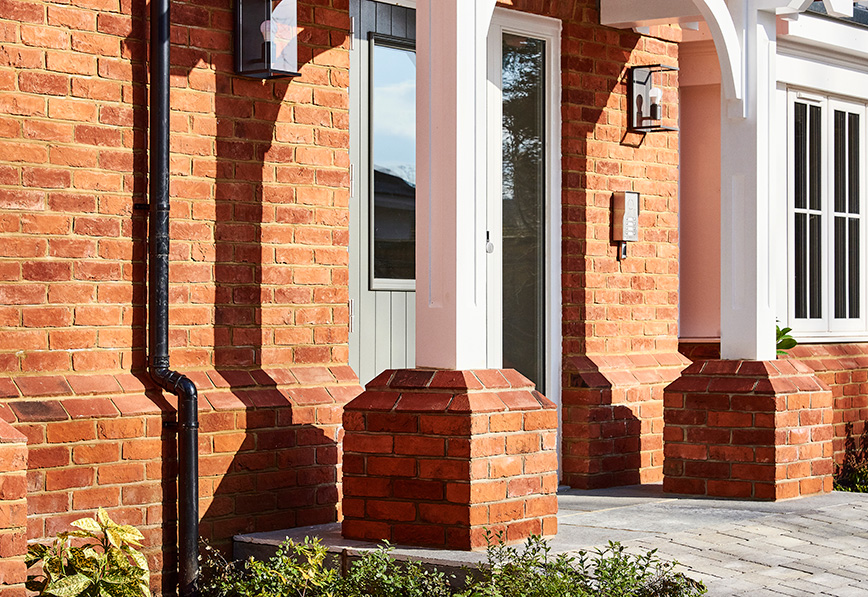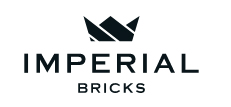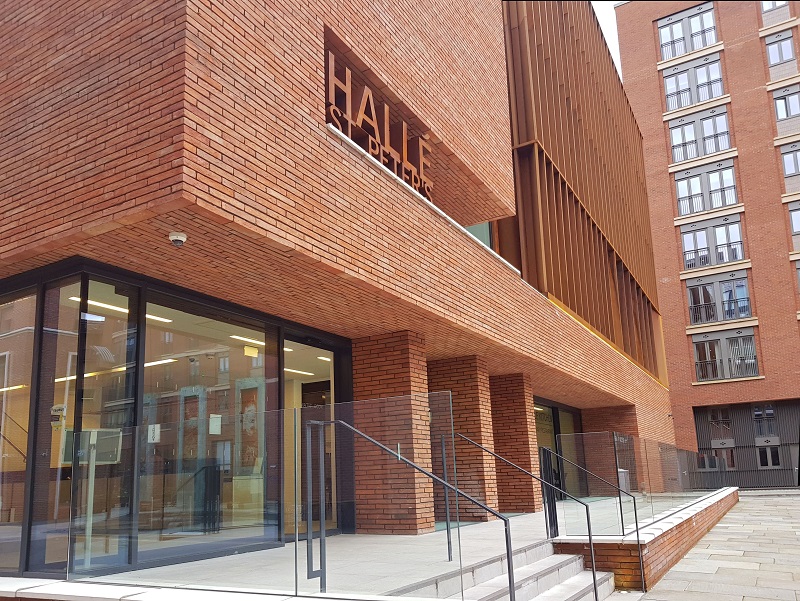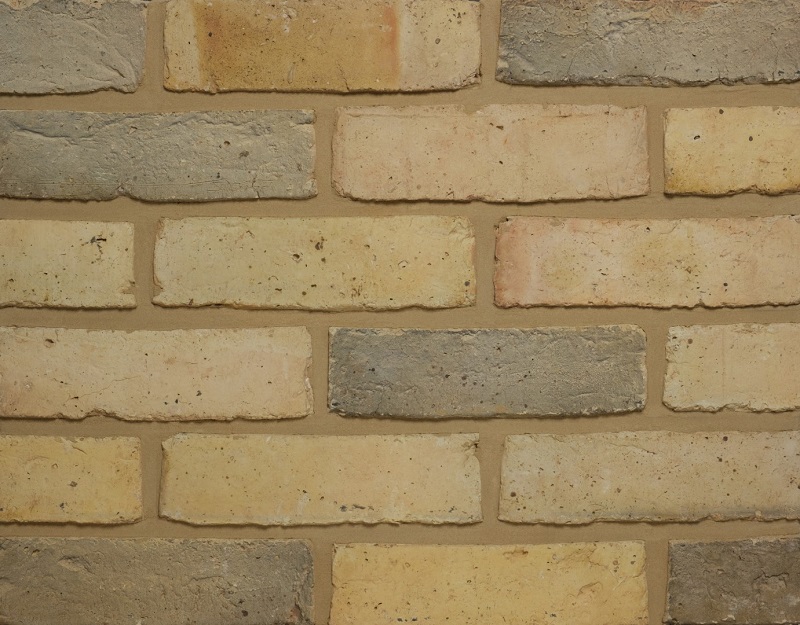Jason Hughes, Managing Director of Imperial Bricks, looks at the importance of manufacturing methods rather than solely the location of factories to ensure an ethical supply chain.
Look around any town, city or village in the UK, and you’ll see buildings made of bricks; houses, schools, libraries, health centres and more. Practical, strong and incredibly durable, brick construction is a long-established build method in the UK, dating back to Roman times. Today, traditional handmade, extruded and pressed bricks are more popular than ever, and with good reason. The right brick can add kerb appeal and value, ensuring a refurbishment or extension blends in seamlessly with original brickwork, or that a new build sits well alongside existing architecture. This is even more important in conservation areas, of course, and infill projects (ie between two existing buildings), which often need to match surrounding properties to blend in.
Sourcing and specifying bricks that meet the requirements of your projects, are reliably available at the quality and quantity required and meet the budget can be difficult.
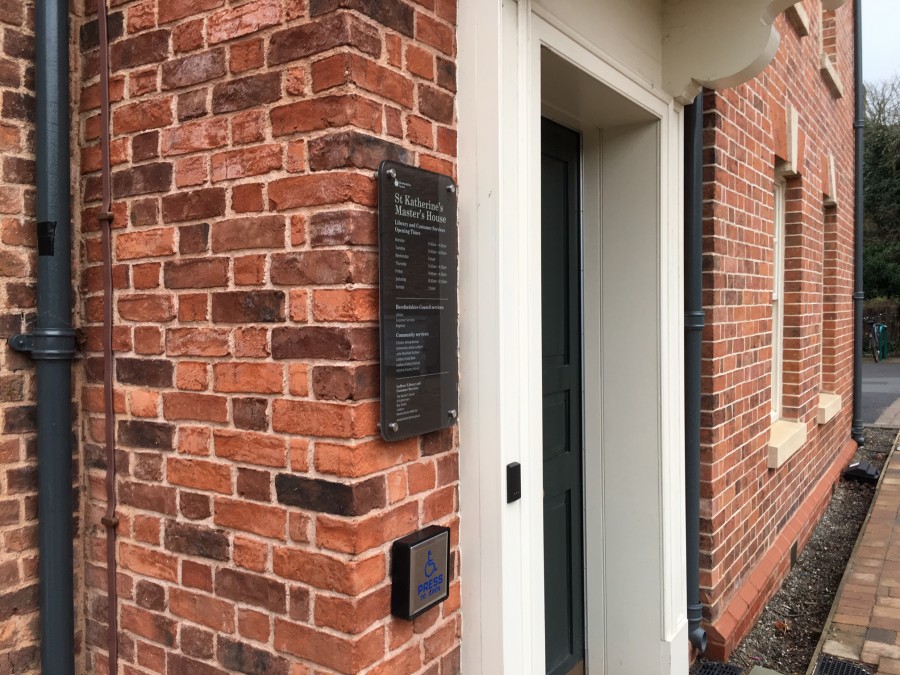
Location, location, location
The variations in shades, sizes and styles of bricks across the UK comes from the ready availability of local clay that gave different regions of the UK their distinctive brick colours. Southern England tends to have more soft reds, London clay is distinctly yellow, while East coast clays are gault or buff, and the Midlands and North predominantly produce oranges and darker red bricks. In many areas of the UK, local clay is no longer available in the volume required to meet demand, and therefore bricks are sourced globally.
Many other products are imported into the UK for construction and other industries; food, clothing, cars, consumer goods, construction materials and more. Without these our economy would not survive. In the last decade or so, there has been a welcome focus on the supply chain – both for UK manufactured products and those which are imported. The construction industry has seen a significant emphasis on correct product manufacture, testing and supply following the Grenfell fire disaster in 2017.
The ongoing consultation and creation of the Code for Construction Product Information (CCPI) will put quality assurance processes under even greater scrutiny, something welcomed by Imperial Bricks, which in the past has been targeted by unprofessional companies and distribution agents operating in the UK market who source products from factories in and outside of Europe, but do not fully comply with the necessary quality assurance testing.
But no industry – and no country - is infallible. Fast fashion retailer, Boohoo, cut ties with 64 factories in Leicestershire in 2020 following ‘modern-slavery’ accusations, with workers undertaking long shifts for as little as £3.50 per hour[i].
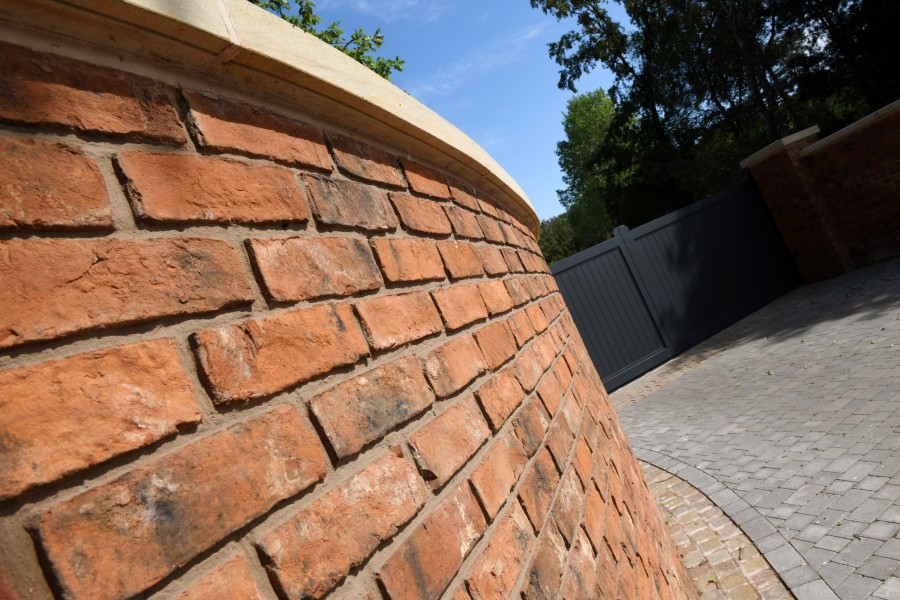
It’s clear that where and how products are made and supplied are equally important. But most importantly, being able to evidence this with independent audits and adherence to internationally recognised standards is essential.
What accreditations should I look for?
Given the commitment of British companies to stamp out modern slavery and ensure sustainability and ethical employment practices, obtaining assurances of the methods of manufacture and working conditions in sourcing bricks and other products is vital. Imperial Bricks operates in partnership with carefully selected factories that meet at least six of the highest internationally recognised standards, as follows:
- UKCA / CE Mark – CPR Compliance in Clay Brick Products
- SEDEX Members Ethical Trade Audit (SMETA) Report
- Anti-Modern Slavery Policy
- ISO 9001 Business Quality Management System
- BES 6001 Responsible Sourcing
- ISO 14001 Environmental Management System
- ISO 45001 Health and Safety Management System
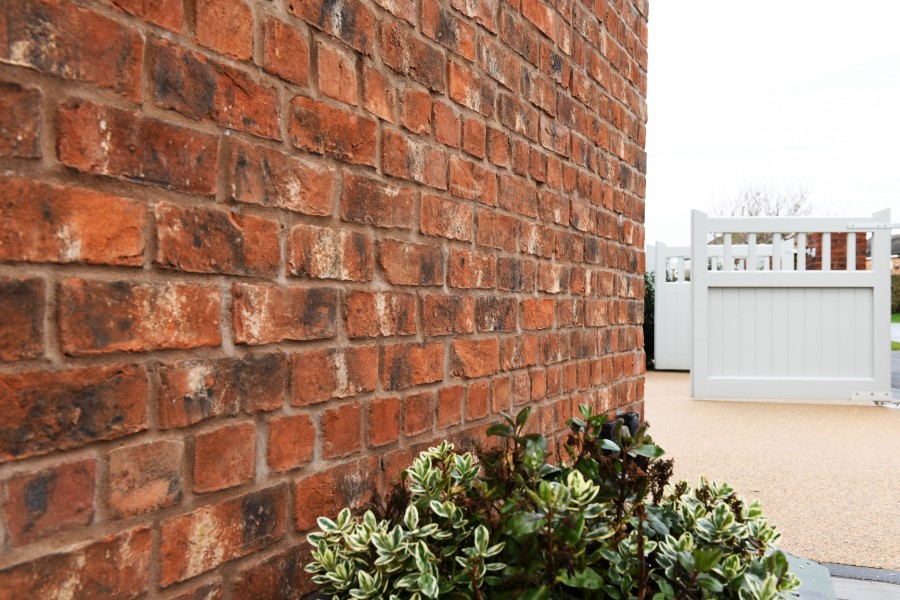
Imperial is able to stipulate these standards as a requirement thanks to the long-term, exclusive trading relationships with our partner factories. Our bricks are made to our exact specification, using our own expertise and that of our manufacturing partners’, in much the same way as other stalwarts of British industry, including M&S and Dyson, who are also SEDEX members.
As a legal minimum, UKCA/CE marking and testing should be met by any product being sourced or supplied for UK construction projects. For example, Imperial’s bricks are tested by the leading independent third-party certification body, Lucideon, for freeze-thaw, water absorption, dimensions, soluble salt content and compressive strength. Such testing ensures products are suitable for the UK market and can withstand all that the British climate can throw at them.
Anyone planning works involving bricks should ensure its contractors and suppliers meet or exceed an equivalent set of standards to those outlined above. In this way, supply chains, procurement practices and policies supporting ethical standards and employment practices can be demonstrated and assured.

For more information on Imperial Bricks’ range of regionally-matched, handmade, extruded and pressed bricks and slips, or to read our ethical and quality trading policies and standards in full, visit www.imperialbricks.co.uk.










